Afrojack | High Up and Down to Earth
Afrojack
Afrojack @Afrojack
Photographer Collin Stark @collinstark
Writer Julianne Zigos @juliedee59
Creative Director Tracy Kahn @tracykahn
Wardrobe Stylist Desiree Morales @desireemorales
Assistant Stylists Natasha Fomina @natashafomina
and Janelle Arreola @janellelyn
Groomer Lavonne @lavonnebeauty with The Rex Agency @therexagency
Mural by @hushartist
Videographers Jeffrey Fountain @jeffreyfountain and Jason Edward @jasonedwardcreative
Assistant Kealy Mckee @kealfarra
Location Tao @taola
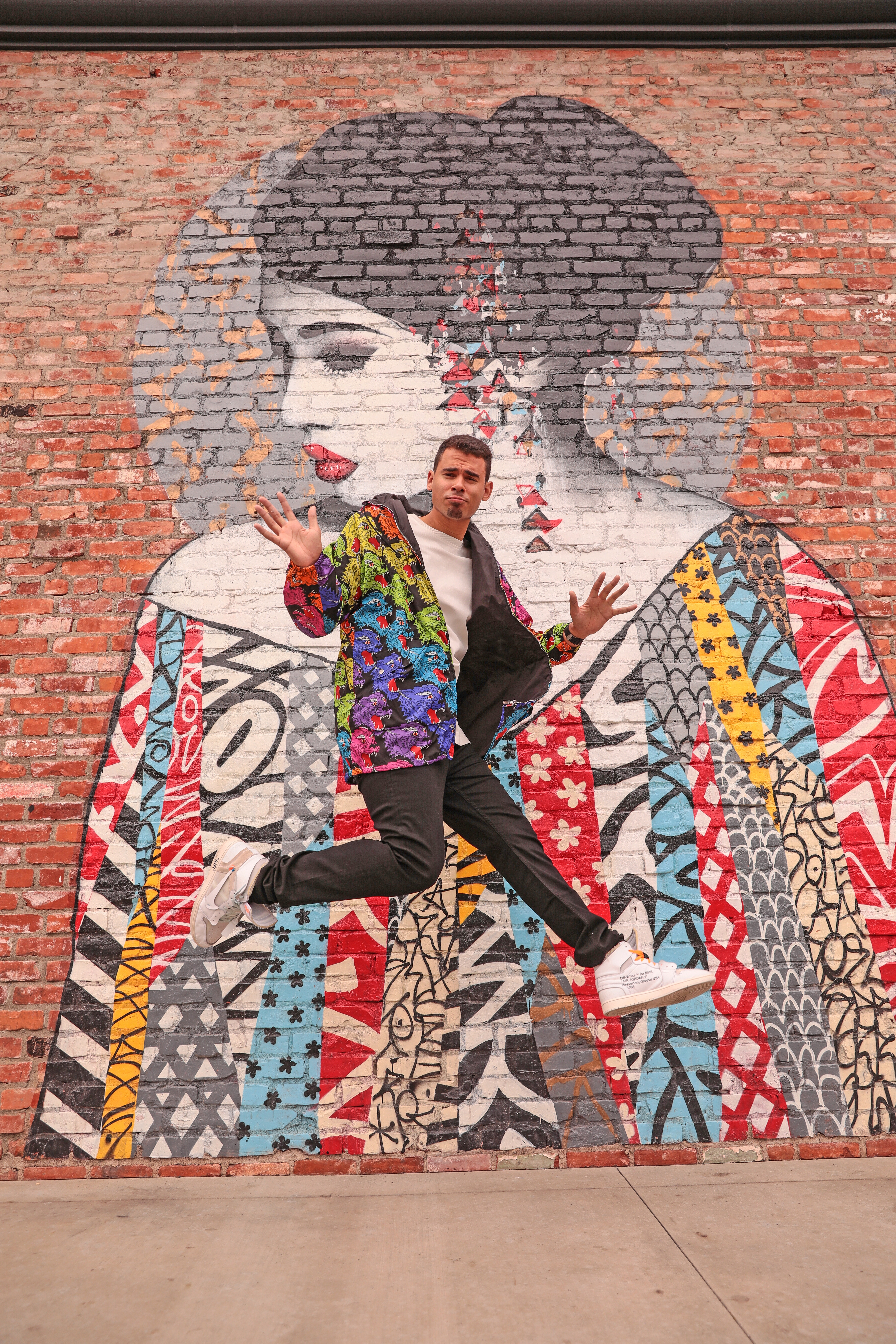 World-renowned DJ, Afrojack, cracks up and laughs at his own jokes while we shoot him at TAO Los Angeles. For one so very high up, literally (he is 6’9”) and metaphorically, he is the apex of EDM DJs, he is down to earth and seemingly care-free. One of the top ten DJ’s in the world and only the second DJ to stake his claim on the Hollywood Walk of Fame seems larger than life. It’s true; his size 15 shoe supports the theory. How did he become so famous? He was in the right place at the right time and has been working on the right mindset to conquer the world by conquering himself first. If you think you might want to work with Afrojack — he’s offering the opportunity through his position as CEO of LDH Europe — you’re going to have to work like him first. Read on to learn how — and to find out who has your coveted spot of collaborating with Afrojack next.
World-renowned DJ, Afrojack, cracks up and laughs at his own jokes while we shoot him at TAO Los Angeles. For one so very high up, literally (he is 6’9”) and metaphorically, he is the apex of EDM DJs, he is down to earth and seemingly care-free. One of the top ten DJ’s in the world and only the second DJ to stake his claim on the Hollywood Walk of Fame seems larger than life. It’s true; his size 15 shoe supports the theory. How did he become so famous? He was in the right place at the right time and has been working on the right mindset to conquer the world by conquering himself first. If you think you might want to work with Afrojack — he’s offering the opportunity through his position as CEO of LDH Europe — you’re going to have to work like him first. Read on to learn how — and to find out who has your coveted spot of collaborating with Afrojack next.
JZ: To set the scene, tell us about the last 24 hours in the life of Nick Leonardus van de Wall.
AJ: I was in Israel the day before yesterday; we had a show there. Then I took a private jet to Luxemburg with my friends. We arrived, did the show and immediately got on the bus to Vienna. We slept on the bus. When I woke up, I played some music until we found ourselves in Vienna. I had a little bit of pain in my back, but the physical therapist fixed it. Now I’m in my room with a Play Station in one corner, some room service in another and my suitcase with all the clothes and a massage table in the middle of the living room.
JZ: Hopefully you’ll have some time to decompress before the show tonight.
AJ: I’m always decompressed.
JZ: What do you think about this idea of a “contest” – a shot for fame? Do you think these kinds of shows and opportunities give people the wrong idea of how much work goes into becoming a successful famous artist?
AJ: It’s not a shot at fame. It’s a shot at us opening a door for you, which shows the road, but it’s still a very long road to be walked. Success is very simple. It requires 16 hours of work everyday. If you are willing to put in the work, we will help you get there. That’s basically what we do with LDH [Love, Dream, Happiness]; we give the people the platform to become who they want to be.
JZ: How do you pick a winner?
AJ: In this case, there’s not necessarily just one winner. Or maybe there is no winner at all. I’m not guaranteeing that we’re signing anyone to Wall [Recordings]. But maybe we’ll sign 10 people to Wall. It depends on the quality of production, and more so the story and the mindset of the person. Why are they doing this, what are they expecting to do, how much do they want it? A lot of people claim they want something and they are willing to give their life but usually they don’t.
JZ: You’re holding live auditions. What do you tell to the ones who don’t?
AJ: I don’t have time to encourage the whole world. We don’t talk to everyone of course, but if you watch my Twitter, it’s there. For me, I don’t see a reason to talk to the people that are not proactively chasing their own dream. One necessity of becoming successful with anything at all is being proactive. We only want to work with people that get that they have to work. If we have to explain it to them, they don’t get it for themselves. That’s the thing; you have to get it yourself.
JZ: How did you “get it”? How did you make your dreams come true?
AJ: Well, just like anyone, I was lucky. I was at the right place at the right time. When I was younger, I had the luck that mom let me do what I wanted. So even though we didn’t have a lot of money or anything, when I said I wanted to become a DJ, she got kind of scared, but she said okay if that’s what you want to do, you have to go do it. So I’ve always had the freedom to try to pursue what I love.
We try to do with LDH. We try to give people that don’t have that freedom when they’re younger—or older—to give them that freedom to figure out a way or to construct a living situation to gain the same freedom that I had when I was a kid and the same support. Support doesn’t mean ten people helping you with shit. It means people saying, I believe what you believe in, I believe it’s possible. That’s it. Just that one person that says, I believe it’s possible.
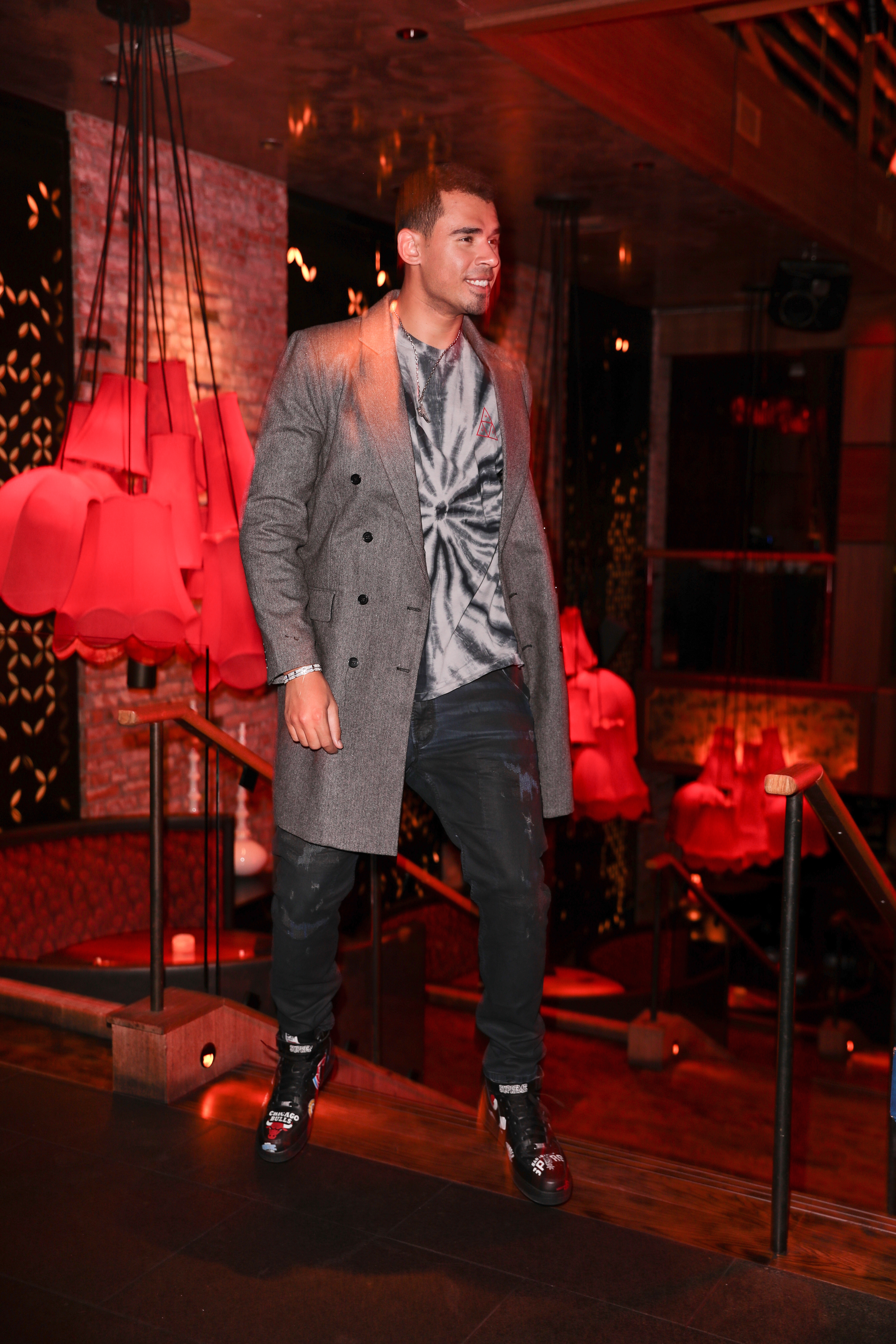 JZ: Did you know from a young age that you wanted to be a DJ?
JZ: Did you know from a young age that you wanted to be a DJ?
AJ: I was already doing it when I was 13 or 14 but I didn’t figure out that I really wanted to do it until I was 17. Then I decided to go for it.
JZ: What did you listen to when you were growing up?
AJ: The Prodigy, and lot of trip hop because it was very popular at the time. I used to be a dancer so I listened to a lot of hip-hop as well.
JZ: What have you learned since you started working that made your success possible?
AJ: The most important thing to do when learning anything is to also learn how to apply it to yourself. It’s all about application to self. You can read books about how life works but if you don’t apply it to yourself, you will still be in the same position.
JZ: Do you deal with fear?
AJ: Not anymore. But that’s because I actually started studying philosophy and psychology and neuroscience to understand how life works. That gave me a lot more insight and made me feel a lot more comfortable and also led me to the decision to always do what I want to do at whatever time.
It’s funny how people fear fear or anxiety or stress, but no one ever takes the time to actually get to the bottom of where it’s coming from. Rarely will someone actually study himself and that’s what made the change for me. If I really wanted to know something or had to work with something I started going as deep as possible. At one point, I watched an entire psychology class online. Again, that’s what we try to do with LDH. It’s not just about music but we also teach you about the mental side of things. We want to help our artists where we can.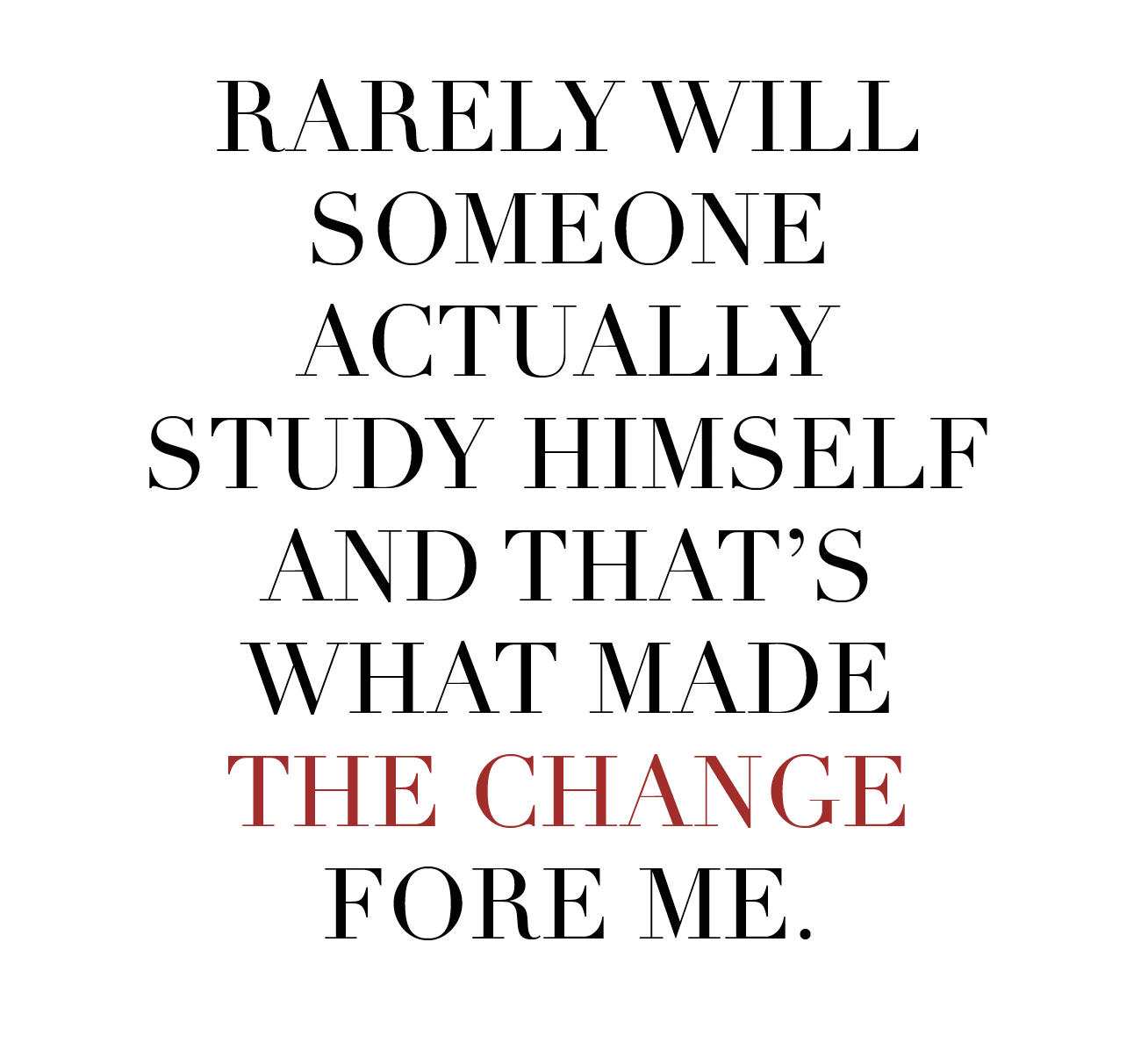
JZ: What inspires you to create music?
AJ: Anything. It’s a fun thing, to sit down and create. We use different sounds and we use different synthesizers, we play some melodies and when we feel something feels good or sounds good, we start adding to that. It’s like Lego. When you’re a kid and you’re playing with Lego you think, today I will build a house, today I will build a car or today I’m just going to build some random stuff and watch it take shape as I’m building. When you know how music production programs work, you can do exactly the same, only with music.
JZ: It seems like there is a very technical approach to make to music.
AJ: I’ve been doing it for so long, at one point you can’t escape the techniques of what becomes popular and what doesn’t. Look at the Billboard charts, for 10 years in a row, it’s always the same kind of music that’s in the top 10. There is one song every 2 or 3 years that everyone wants to know and everything else is just the same. You can’t really escape that when you’re producing pop music.
JZ: So what makes it exciting?
AJ: The most fun is still when you accidentally come across a melody or chord progression or come up with a crazy mash up or mix live. That’s the most fun. In life in general, you have the most fun when something stumbles across your path when you least expected it.
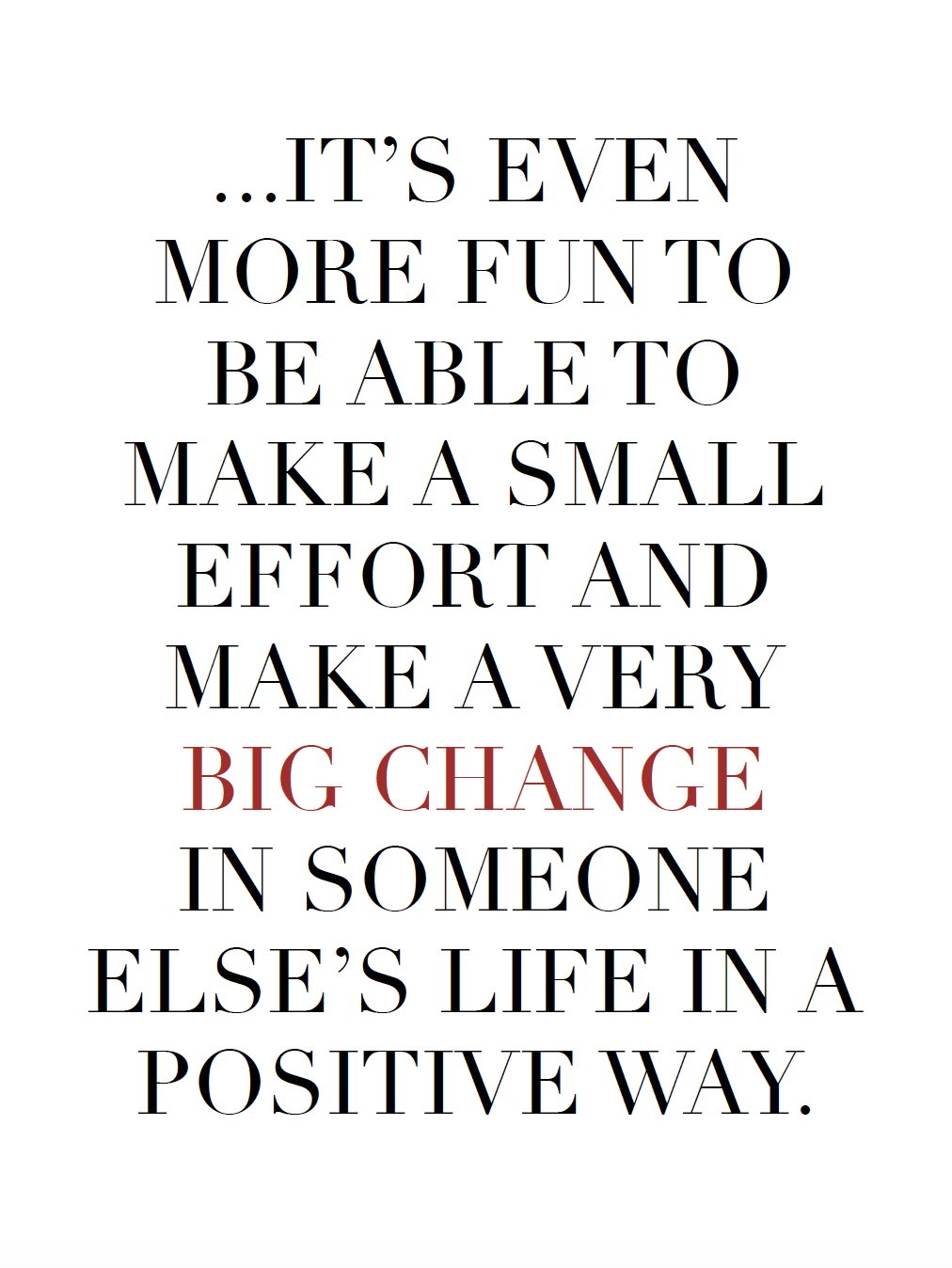 JZ: What approach are you taking with your music?
JZ: What approach are you taking with your music?
AJ: Press Play was a mix of stuff I produced for my live sets and collaborations with all the new Wall artists. Same with When You’re Gone with Ester Dean. That song wasn’t made to become a chart hit, it was just made to become a fun club song that takes people to a certain place on the live stage. It wasn’t built for Spotify or Radio. But it’s fun that people started to play it and stuff so big shout out.
It’s fun for me when something comes up that gets to change the landscape like when Take Over Control came out or Give Me Everything. Those kind of songs sort of change what is possible on the radio.
JZ: Your collaborations are off the charts. Will you reveal what’s coming up?
AJ: Prince Royce, Ne-yo, Sean Paul, Stargate, Nelly, Justin Jesso, Natti Natasha, Jason Derulo, BJ the Chicago Kid; that’s like the shortlist of stuff we’re working on for the new album that’s coming out in 2019.
JZ: Who are your role models in the industry?
AJ: I look up to Walt Disney and everyone that ever did the creative production behind the movies and the theme parks. Studio Ghibli and anyone who can create a story so big that people can completely get lost in it.
JZ: Do you see that in LDH?
AJ: If you go to Japan and you see what they’re doing over there it’s on a completely different level. They’ve been doing it there for a very long time. For me, being able to work with them and be able to create the same kind of company for the western music industry is a blessing. I’ve always wanted to do something like it but I wasn’t able to do it on the same level as them because I didn’t have the team or the experience.
That’s why we started doing the auditions and the remix contest because now we have the team together and the experience we have the manpower to start creating careers for people we don’t know and we don’t have in our network. Before we only did for friends and family.
JZ: What does it mean to you to be one of the top 10 DJ’s in the world?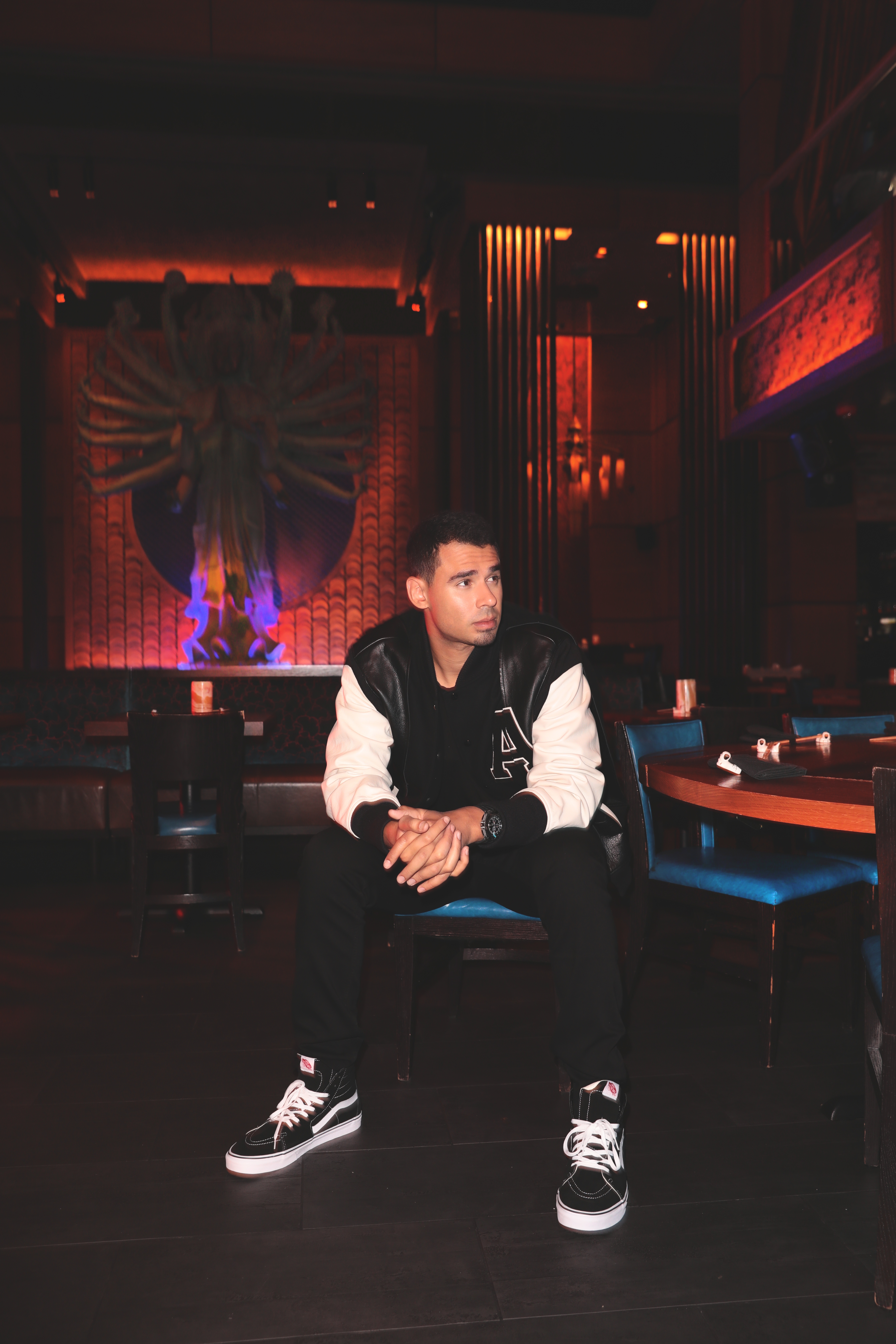
AJ: It’s cool. It’s great promotion and marketing. I’m just very happy I have all my fans around the world that keep coming to my shows and keep checking out my music. That’s the only reason I am where I am and who I am in the eyes of the media.
JZ: What do you do as CEO of LDH Europe?
AJ: I like to mentor to the younger generation. LDH is not just my company it’s my hobby. I have been touring all over the world for a long time and that’s fun, but it’s even more fun to be able to make a small effort and make a very big change in someone else’s life in a positive way. Recently, Disto, one of my new artists played at Ultra Mexico on the main stage. It was a life changing experience for him. For me it was one phone call. It’s nice to be able to do that.
JZ: What are your plans for New Year’s? We heard you’re coming back to the US.
AJ: I’m coming back to the US just for New Year’s and doing some shows around New Orleans. Then I’ll be back at the end of January. I’ll probably go to the studio in LA and do some gigs here and there.
JZ: What are some of your favorite places to hit in the US?
AJ: Miami, New York, Los Angeles, Las Vegas and Texas. Texas is really a lot of fun.
JZ: You have a residency in Las Vegas, I hope you like spending time there.
AJ: I love Las Vegas. I always said it’s like a Disneyland for adults. The most fun thing about it is that the people are who they actually are there because everyone is still under the impression that “what happens in Vegas, stays in Vegas,” so people are a lot more authentic. There’s no reason to fake. They’re on vacation.

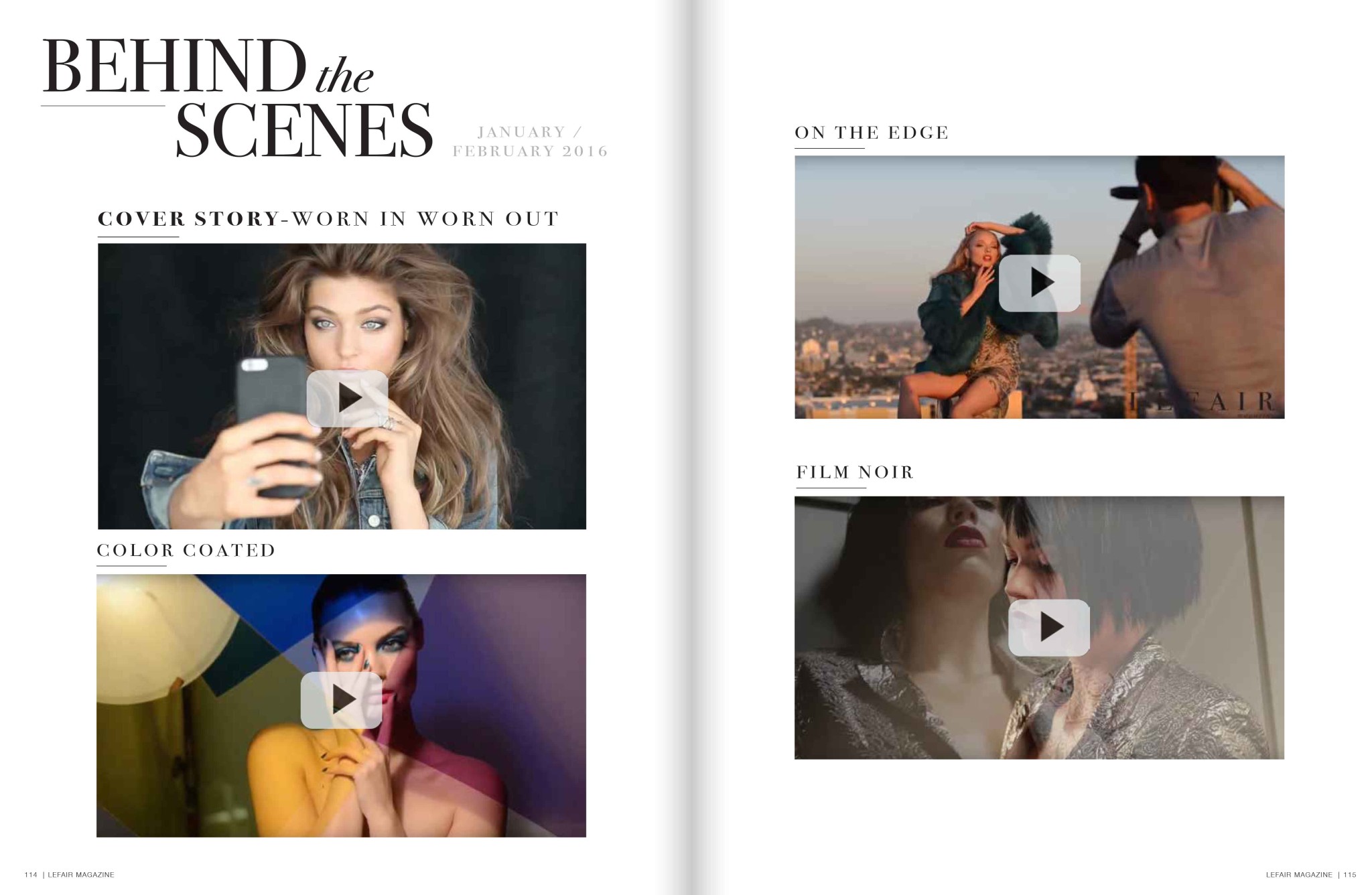
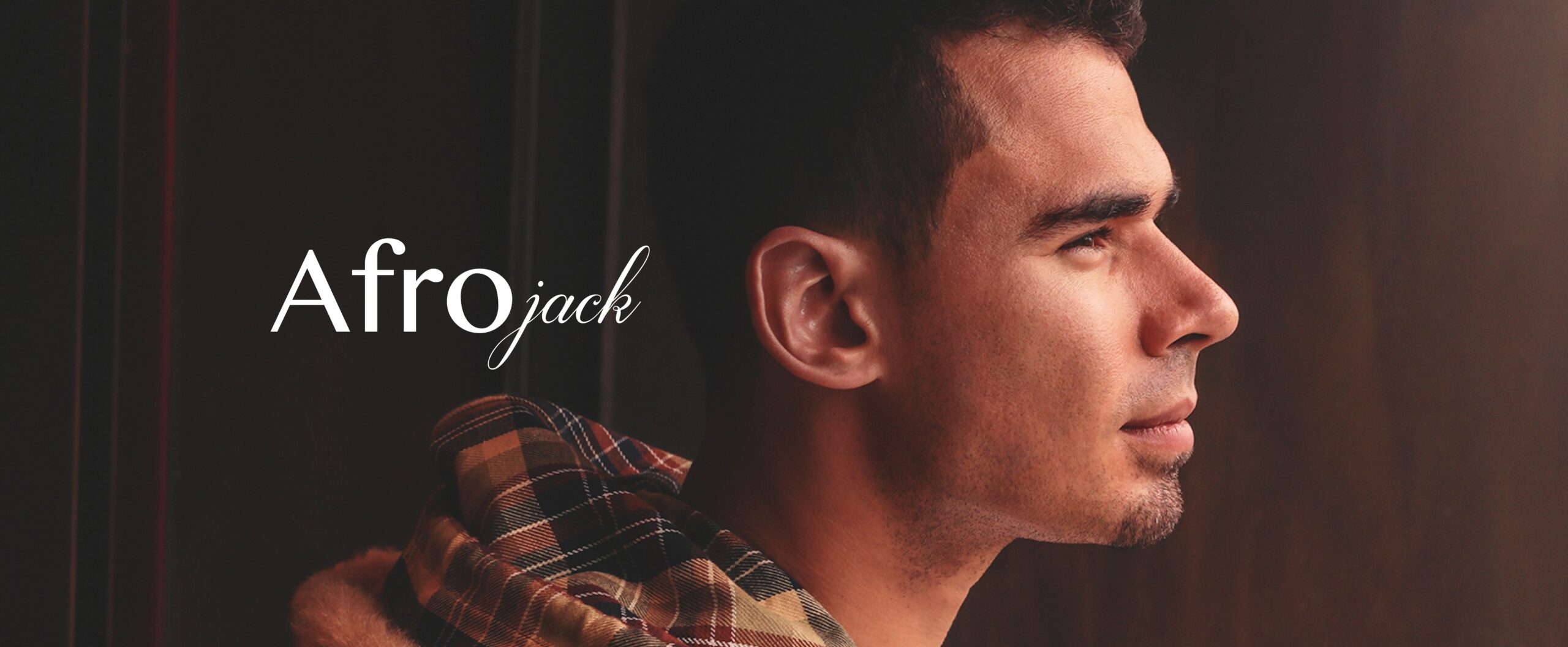
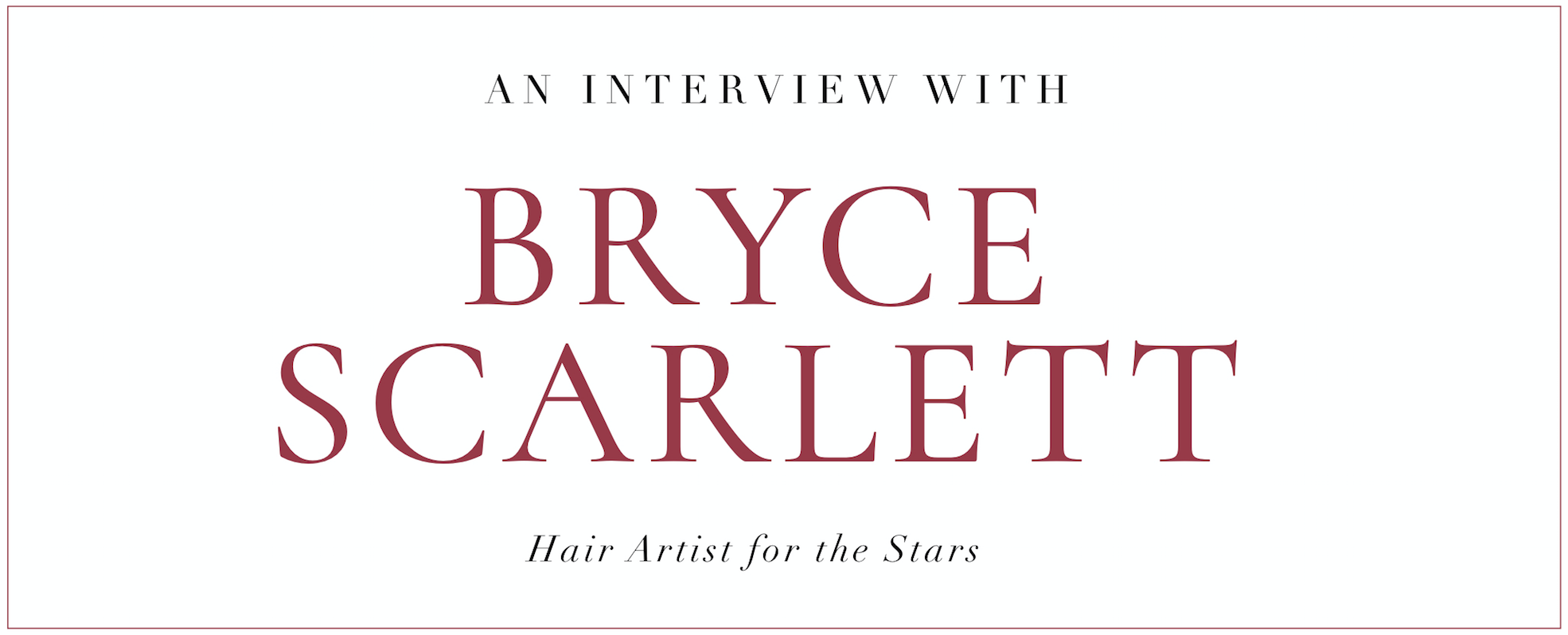

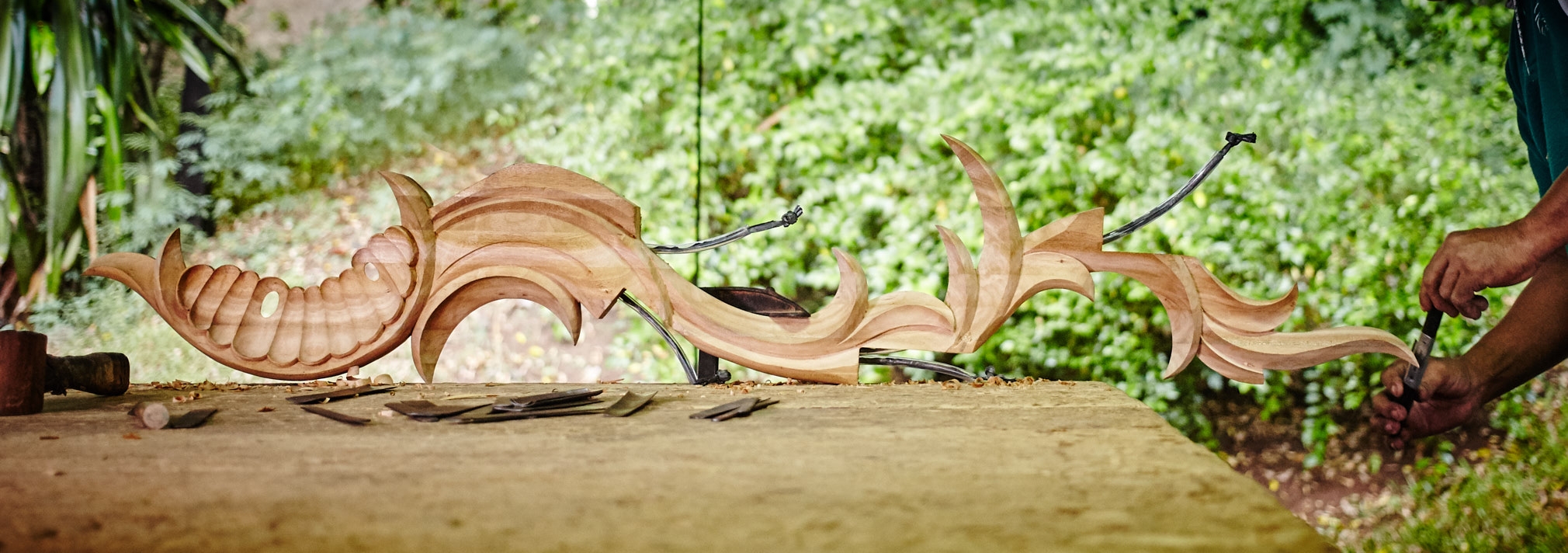
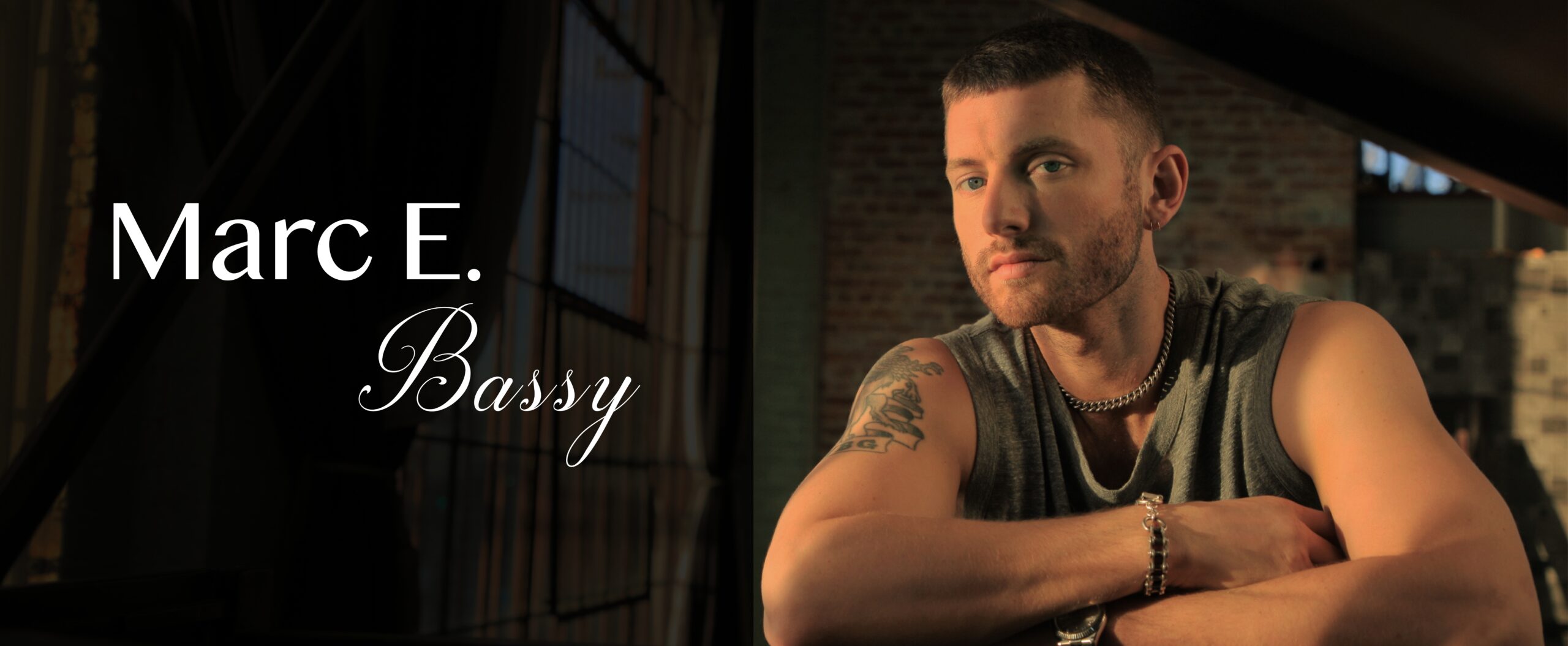
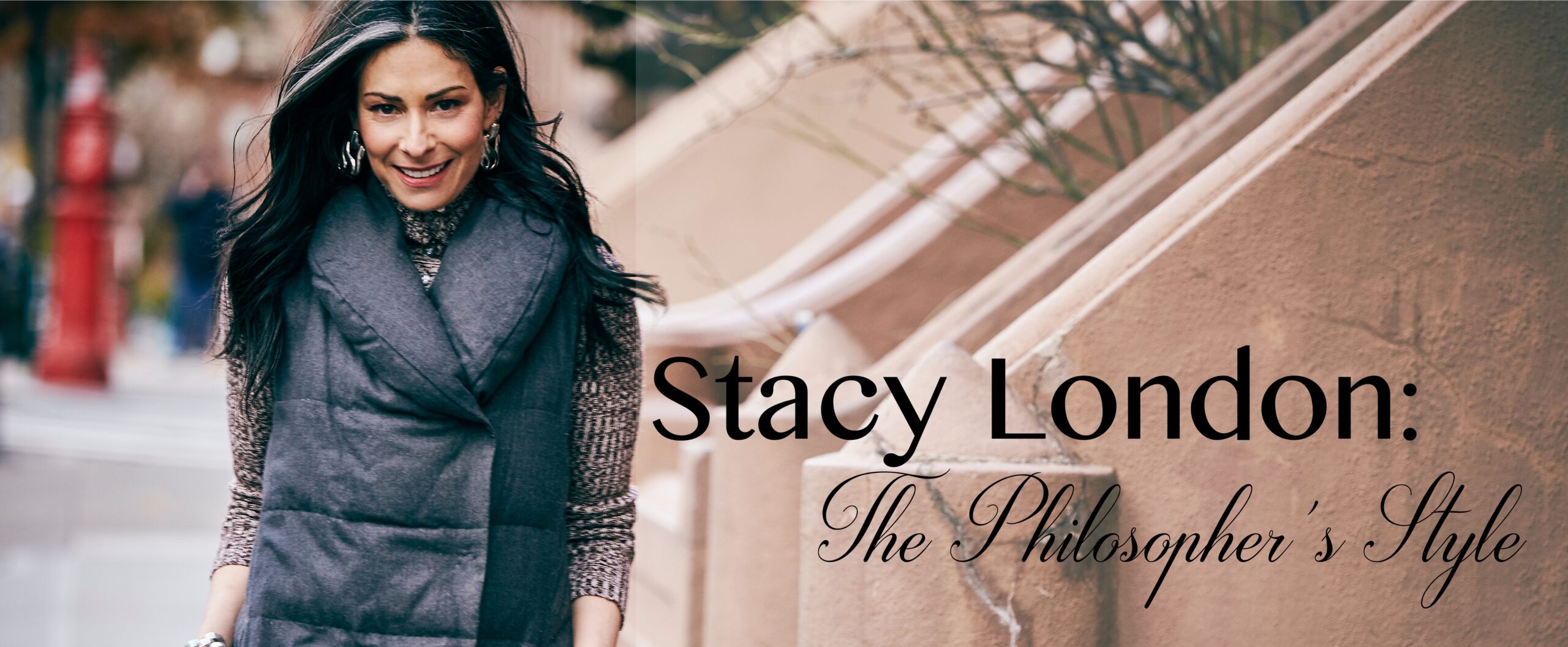
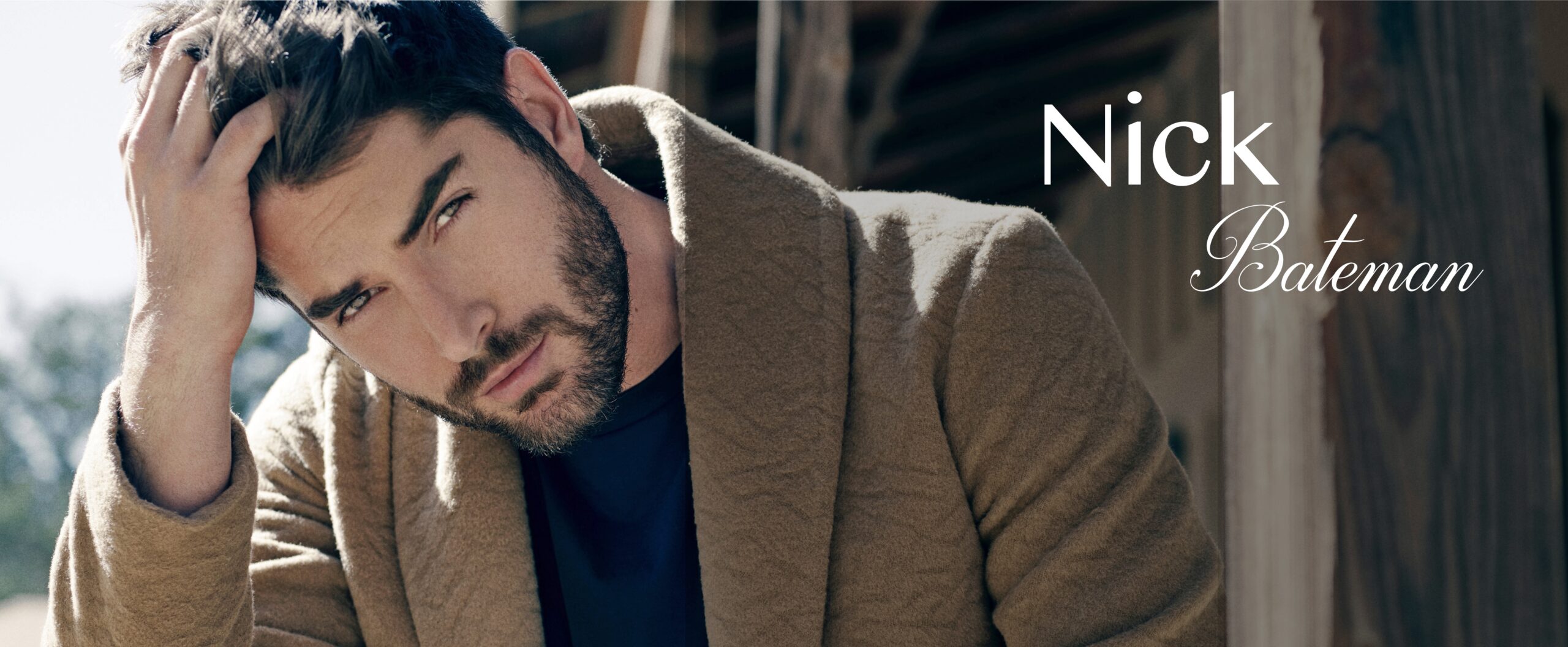
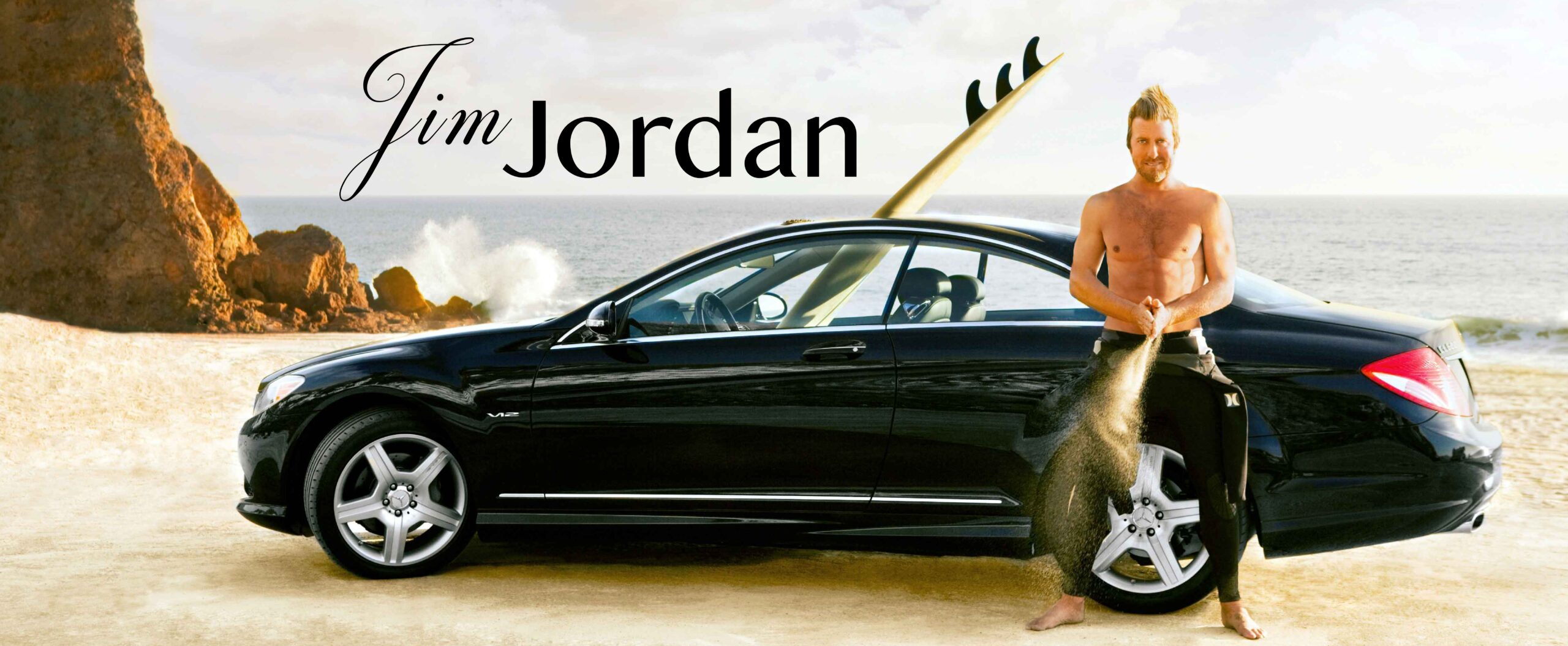
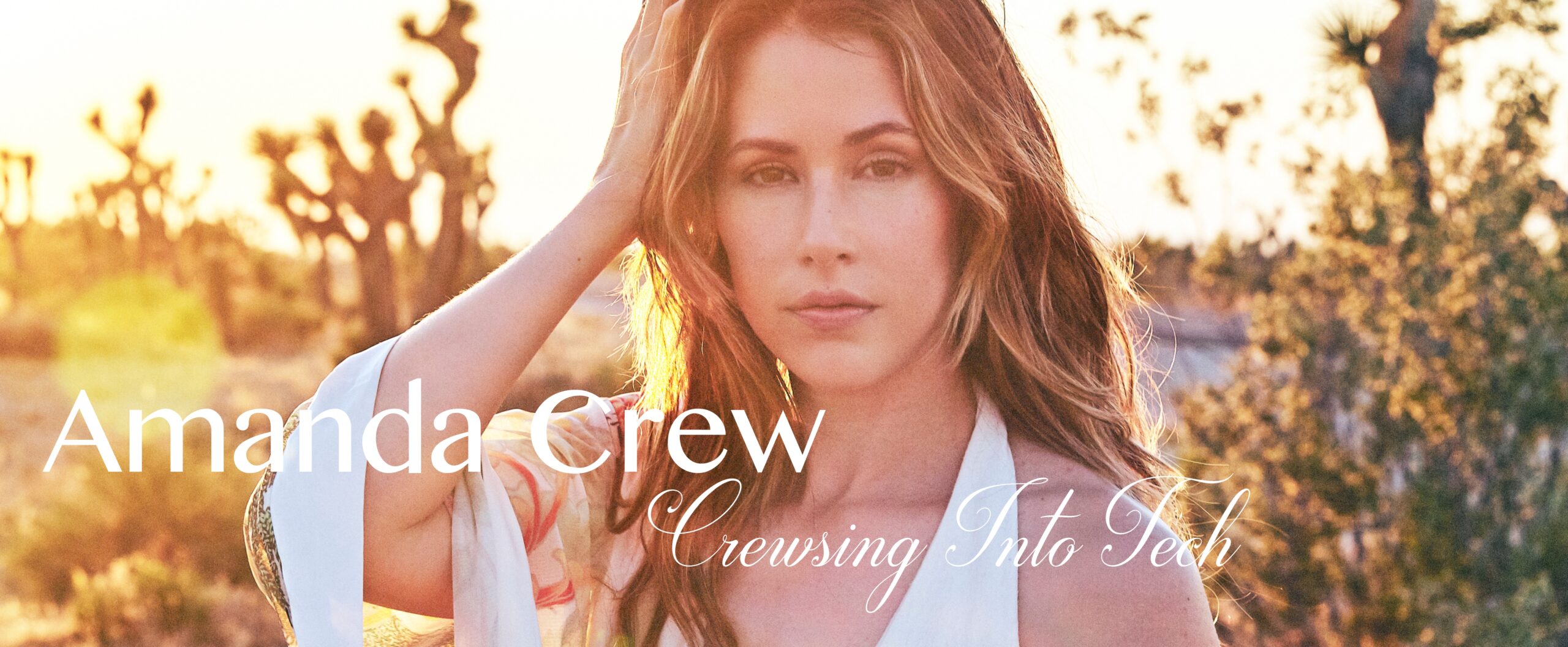
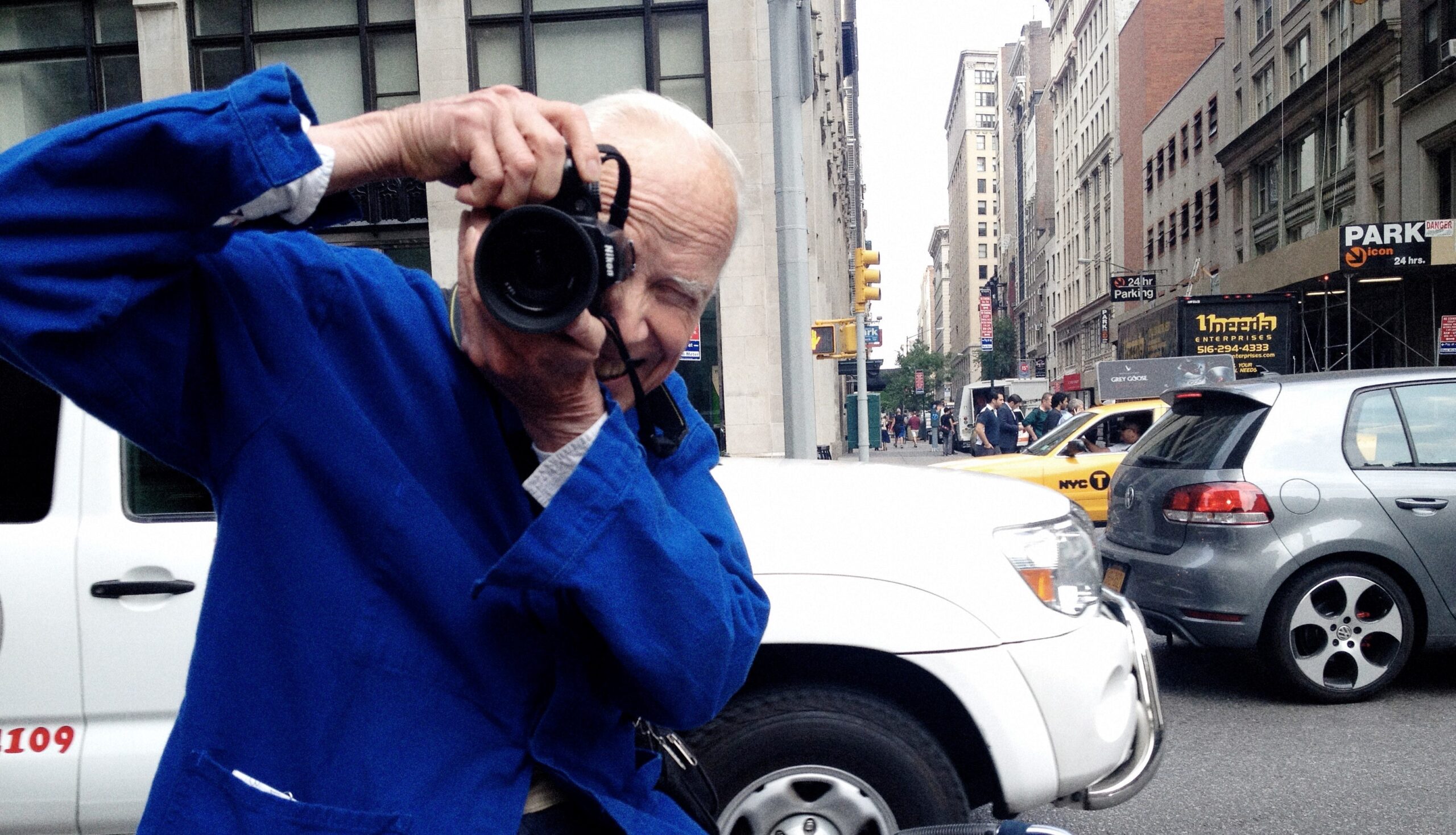

Leave a Reply